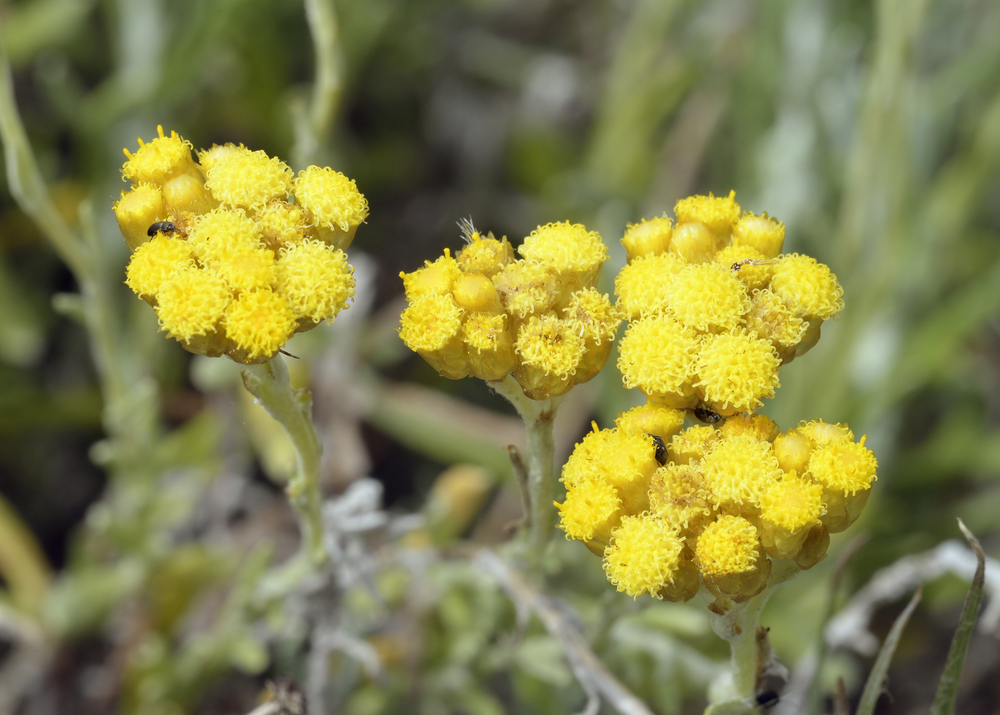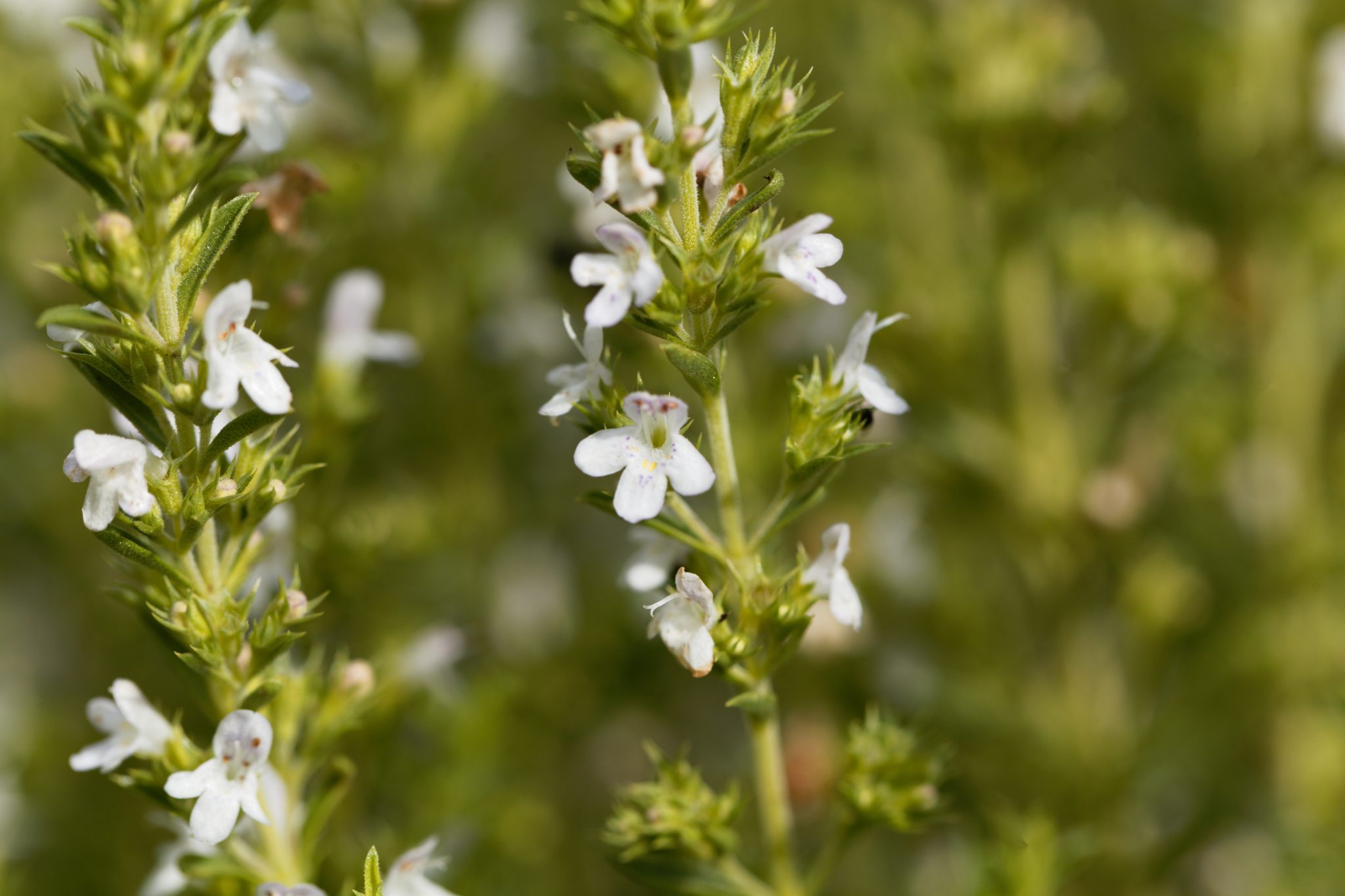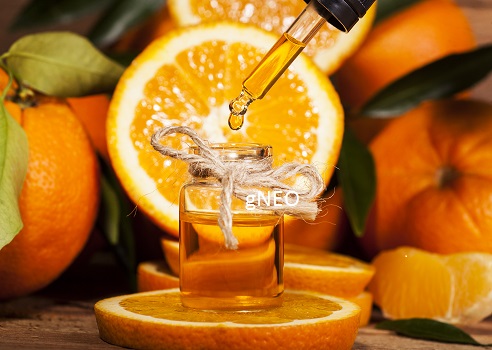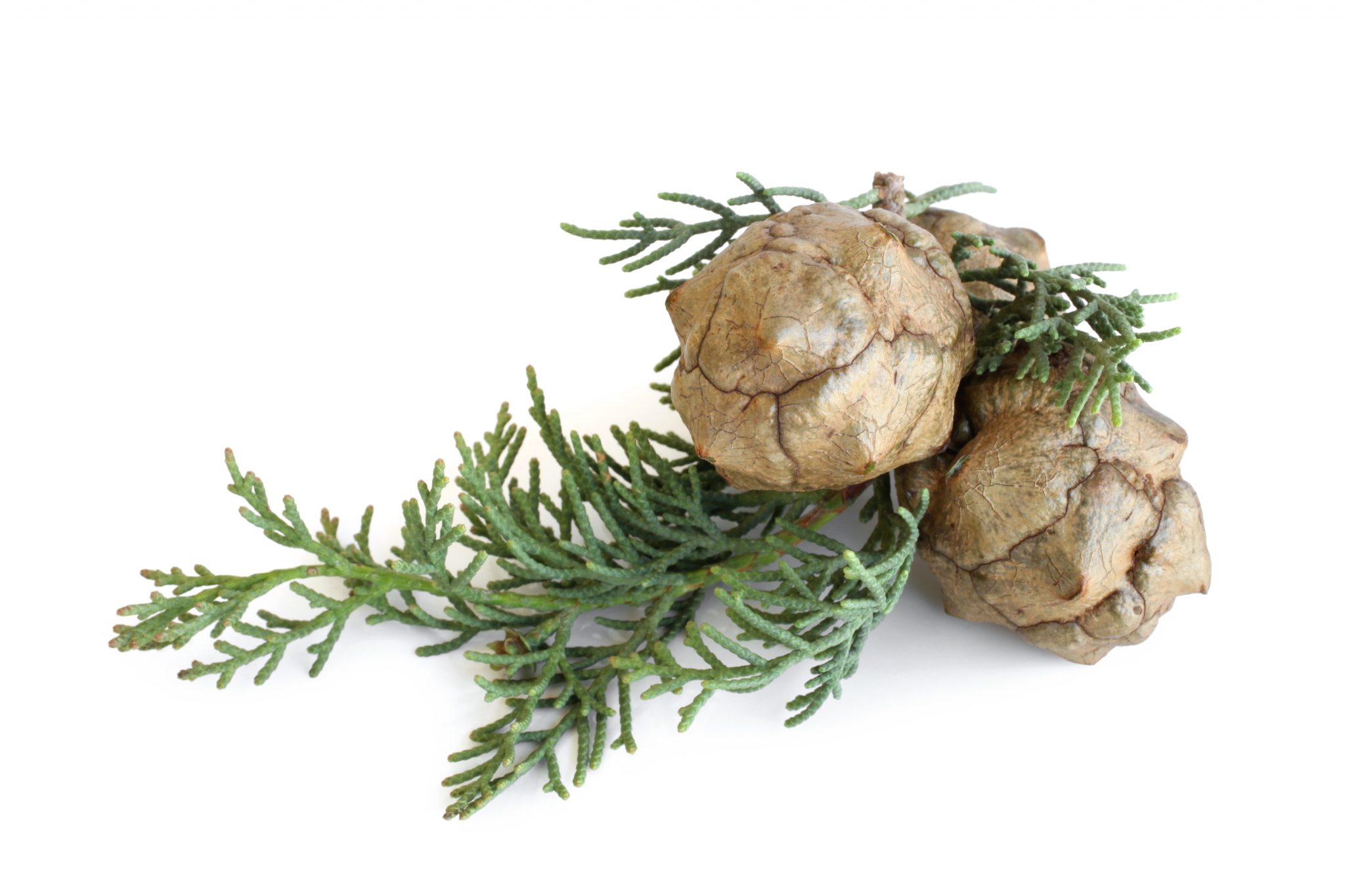Description: Organic Nutmeg oil is derived from the seeds of the Nutmeg plant through steam distillation. Nutmeg, scientifically called Myristica fragrans, is a tropical evergreen tree native to the South Pacific, more specifically Indonesia. It grows up to 15 meters, producing dull yellow flowers and dark green leaves. Nutmeg has a long culinary history because of its ability to flavor and preserve food. The Portuguese discovered nutmeg’s effectiveness as a spice in the 17th century and spread it as a trade commodity across Europe. Besides flavoring food, nutmeg also found use in Ayurvedic medicine. Nutmeg leaves were boiled to treat a myriad of health issues, including stomach upsets and respiratory conditions. The Italians also experimented with nutmeg as a treatment for the plague. The health benefits of the Nutmeg Oil include its ability to treat stress, pain, menstrual cramps, heart disorders, indigestion, blood pressure, cough, and bad breath. The oil is capable of removing toxins from the liver, thereby making it a good liver tonic. Organic Nutmeg oil is often recommended for treating kidney infections. In cooking, nutmeg is versatile and can be used in variety of food preparations and meat preparations in Europe, garam masala in India, and as a curry ingredient both in India and Japan. Nutmeg essential oil is also used in making of incense sticks, soaps and cosmetics. Nutmeg oil is a pale-yellow liquid with a thin consistency. Its chemical constituents include Myristicin, Macelignan, and Eugenol (4-allyl-2-methoxyphenyl), making it ideal for various medicinal and aromatherapeutic remedies. Nutmeg essential oil blends perfectly well with Geranium, Lavender, Rosemary, and other spicy oils.
Botanical Name: Myristica Fagrans
Plant Part: extracted from the seeds
Extraction Method: Steam distillation
Odor and Appearance: smells like a rich, warm, slightly sweet spice; Colorless to pale yellow liquid
Country of origin: Sri Lanka
Main Constituents: myristicin, elemicin, sabinene, alpha-pinene, beta-pinene, terpinen-4-ol, and gamma-terpinene.
Common Uses: Common uses of Nutmeg Essential Oil include aromatherapy for relaxation, stress reduction, and mental clarity, often used in diffusers or massage blends when properly diluted. In the culinary realm, it is employed as a flavorful spice, adding warmth and complexity to dishes like pies, baked goods, and savory recipes. Its potential therapeutic benefits extend to aiding digestion when diluted for topical application or culinary use. Additionally, Nutmeg Essential Oil is valued for its ability to provide relief for sore muscles and joints when appropriately diluted and used in massages or baths.
Note: Middle note.
Blends well with: Lavender, Rosemary, Orange, Black pepper, Clary sage, Eucalyptus, Ginger, Ylang-ylang.
Contraindications: Nutmeg Essential Oil should be used with caution, as it can cause skin irritation when applied undiluted, and it is not recommended for pregnant or breastfeeding women due to its potential emmenagogue and lactation-inhibiting effects. Additionally, it should not be used on or near the skin of infants and young children. When ingested in excessive amounts, it can be toxic and may lead to adverse effects, so it should be used sparingly and carefully in culinary applications or as directed by a qualified aromatherapist or healthcare professional. Some individuals may be sensitive or allergic to nutmeg oil, necessitating a patch test before topical use. While it does not typically cause photosensitivity, it’s advisable to use caution when applying it to the skin before sun exposure, and if you have medical conditions or are taking medications, consult a healthcare professional before using nutmeg oil for therapeutic purposes.
*These statements have not been evaluated by the Food and Drug Administration. This product is not intended to diagnose, treat, cure, or prevent any disease.*
For large quantities please contact us via our phone number or through the Contact Us page.
Like us on Facebook.









Reviews
There are no reviews yet